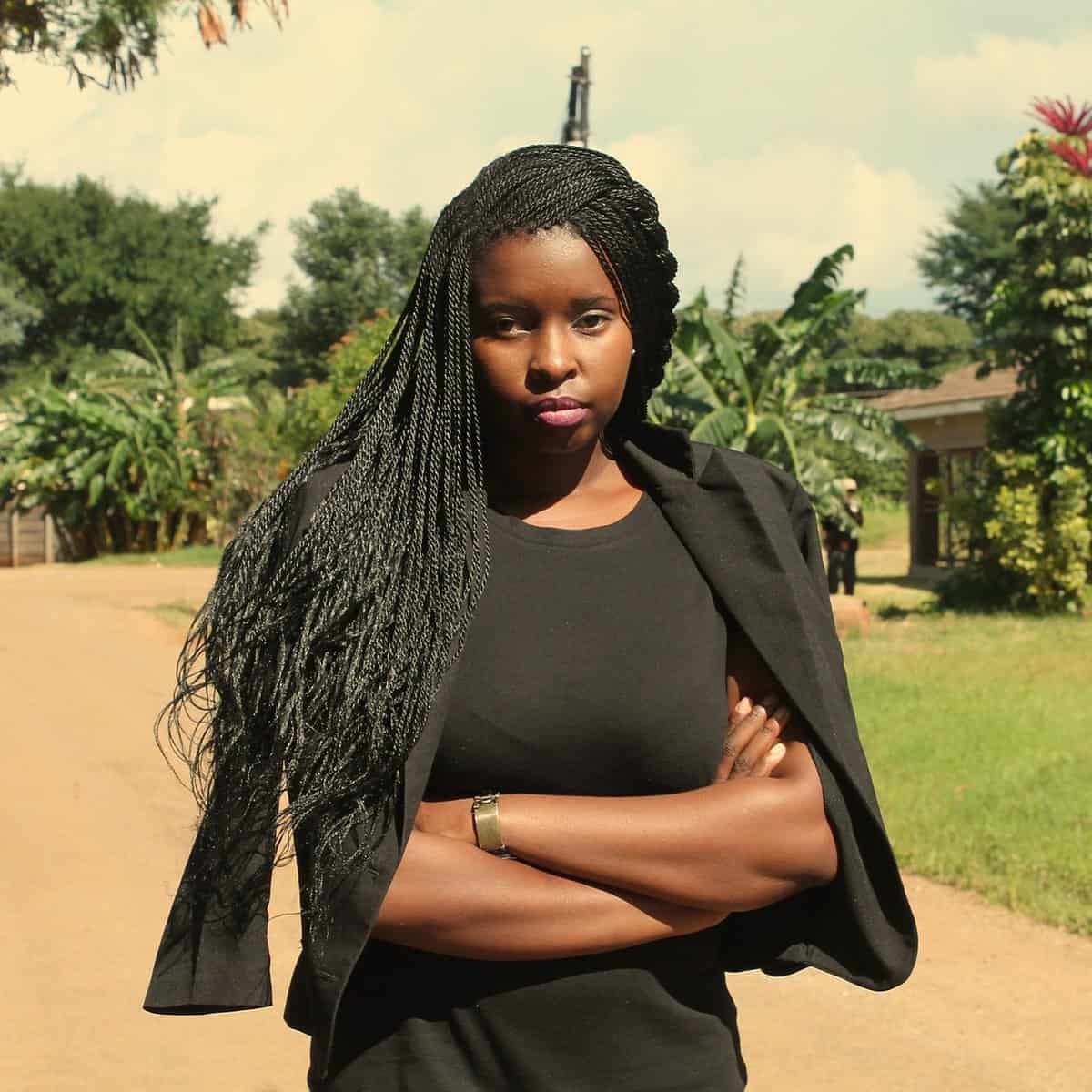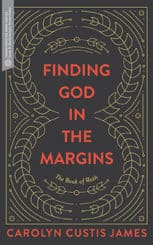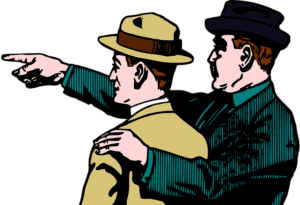
“They tried to bury us. They didn’t know we were seeds.”
—Dinos Christianopoulos
We are living in a time of breathtaking reversals. When it comes to power and privilege and voice, the laws of social and cultural gravity are being defied.
We’ve watched a line-up of over 150 former USA gymnasts face the man who got away with sexually abusing them for years. They didn’t simply whisper their stories behind closed doors. They spoke them into a microphone before a battery of media cameras and a watching world. After years of being silenced by adults more concerned about avoiding scandal and protecting a colleague and an organization, these young women emerged to voice their stories and claim the justice that for years they were denied.
What kind of internal fortitude did that take?
Their actions not only resulted in a conviction, they’ve raised significant awareness of sexual abuse, of the terrible cost of refusing to take young complainants seriously, and of the tendency of adults in responsible positions to protect the abuser and bury the matter.
After yet another mass school shooting, the politicians, government officials, and religious leaders weren’t the ones who grabbed the bullhorn and roared “Enough is enough!” to demand action. No, it was Marjory Stoneman Douglas High School students on the receiving end of those bullets who lost best friends and a beloved teacher and coaches.
How many cycles of this have we been through where “thoughts and prayers” start sounding like excuses instead of the prelude to meaningful action?
How many cycles of this have we been through where “thoughts and prayers” start sounding like excuses instead of the prelude to meaningful action? So now a band of determined, articulate teenagers are on the warpath for change and they are getting results. Already major corporations, like Dick’s Sporting Goods, Wal-Mart, Delta, Hertz, Enterprise, and Avis, are voluntarily tightening their gun policies and dropping their affiliation with the NRA.
Author Jim Wallis captured this momentous reversal when he wrote, “Social change always comes when the next generation decides to no longer accept what the last generation accepted.”
Then, of course, a stunning litany of women, once bullied, threatened, and intimidated into silence, rose up to voice sexual allegations against men of enormous power and prestige. The credibility and cumulative testimonies of these women proved more effective than anyone imagined. They brought to a crashing end the ability of some of the biggest names in Hollywood, media, politics, and technology to avoid any consequences for their misbehavior.
Their stories unleashed a flood of #MeToo tweets bringing to light a disturbing epidemic of sexual harassment and abuse held underground for decades. This isn’t confined to Hollywood. A flood of #ChurchToo tweets revealed that sexual abuse happens inside the church, which ought to be a sanctuary. By going public with their stories, these women have triggered a sea change in how seriously organizations take allegations and address incidents of sexual misconduct.
Disrupting the Status Quo
Cultural dynamics we’re witnessing today—as women, the young, the weak, vulnerable, oppressed, and powerless break their silence and overthrow the diminishing cultural expectations imposed on them—is a pattern that shows up in the ancient book of Ruth.
Contrary to romantic interpretations, the story of Ruth was a #MeToo story waiting to happen. Only things turn out differently for Ruth because Boaz, a man of considerable power, doesn’t use his power and privilege for himself. Instead, he employs them sacrificially to empower Ruth and ensure her initiatives on Naomi’s behalf succeed.
Contrary to romantic interpretations, the story of Ruth was a #MeToo story waiting to happen. Only things turn out differently.
The book of Ruth records a moment in time when, against insurmountable cultural odds, a young undocumented female immigrant whose cultural status is firmly cemented in the margins, overthrows the silence, vulnerability, and powerlessness that systemic patriarchy imposes on her and finds her voice. She refuses to allow the risk of shame and failure, or her utter powerlessness to stand in her way. Too much is at stake. Patriarchy may deprive women of voice, agency, and legal rights, but she will claim all three anyway. Her bold initiatives with Boaz bring explosive insight into what it means to live as God’s child in this world and completely disrupt the status quo.
What continues to amaze me is just how often God reaches into the margins and chooses someone whose voice has been silenced, someone no one believes, a person everyone counts out—to blindside everyone with the force of their influence and effectiveness in putting things right in his world.
Within this brief story, God is making some of the boldest counter-cultural value statements about women that we have on record. The fact that the story takes place within a full-fledged patriarchal culture makes those statements all the more astonishing. Furthermore, this brief Old Testament narrative also contains some of the most radical value statements that we have regarding men (see “Better than Seven Sons” and “The Manly Side of the Story” in Finding God in the Margins). God is no protector of the status quo and he is not limited to the powerful and privileged to move his purposes forward. All of us stand to benefit by absorbing this message. It’s what we’re witnessing today.
The book of Ruth is a breathtaking reversal where the laws of social and cultural gravity are being defied. It is a hope-filled image bearer phenomenon that is happening today too. And we should not be surprised to see more of it.
 To learn more about the story of Ruth and the message it bears for our culture today, read Carolyn’s most recent book, Finding God in the Margins: The Book of Ruth.
To learn more about the story of Ruth and the message it bears for our culture today, read Carolyn’s most recent book, Finding God in the Margins: The Book of Ruth.
Carolyn Custis James is an award-winning author and international speaker. She blogs as a Leading Voice at MissioAlliance and at Huffington Post, and is an adjunct faculty member at Biblical Theological Seminary. In 2013, Christianity Today named her one of the 50 evangelical women to watch. Her books include Malestrom—Manhood Swept into the Currents of a Changing World, Half the Church—Recapturing God’s Global Vision for Women, The Gospel of Ruth: Loving God Enough to Break the Rules, and most recently, Finding God in the Margins: The Book of Ruth. This article first appeared on her website and is reprinted here by permission.



One Response
Just asked our public library to buy this book. (So far they always have; hope they will again.P